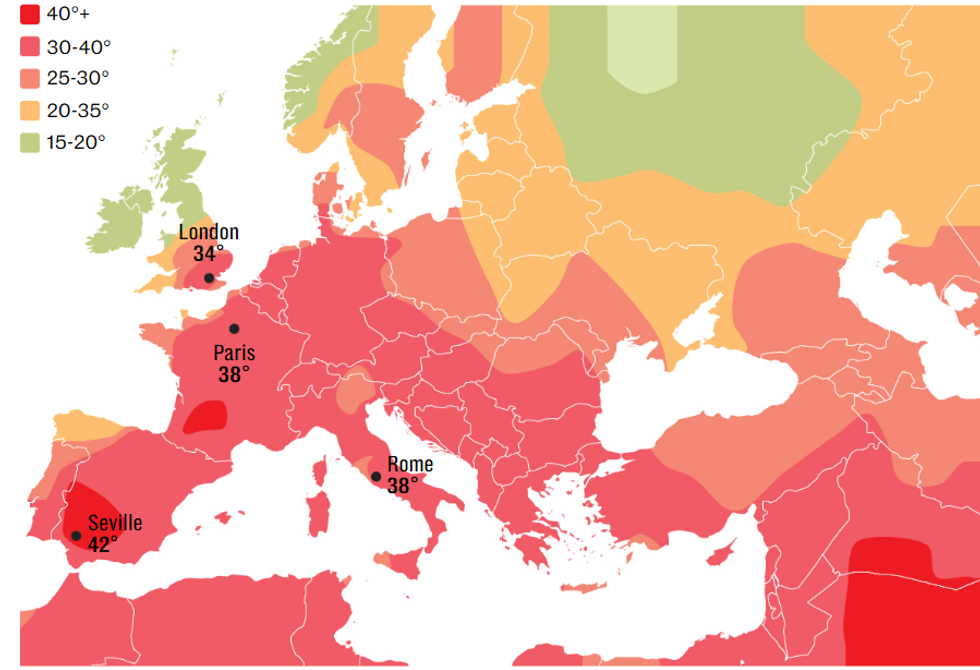UNSOLICITED obscene messages containing objectionable images may soon become a crime in the UK as the country’ Law Commission has called for more specific laws governing cyber flashing and "pile-on" harassment in its recent report.
In a report published by Law Commission on Wednesday (21), the body has recommended that the Sexual Offences Act should be amended to include cyber flashing – an act when someone sends an unsolicited sexual photo, or “d*** pic”.
There is currently no specific offence of cyber flashing, although the behaviour can be considered within the offences of harassment or public nuisance. However, the body stated that while the Sexual Offences Act criminalised exposure of genitals in public, it is not sufficiently clear whether that covered images or video recordings as well.
“Cyberflashing can cause serious harm. It is often experienced as a form of sexual harassment, involving coercive sexual intrusion by men into women’s everyday lives,” says the report.
Saying that the existing legislation sometimes becomes ineffective at criminalising genuinely harmful online behaviour, the Law Commission has also recommended stricter laws on pile-on harassment, “knowingly sending” false communications and encouragement or assistance of serious self-harm.
According to the Commission, current wording such as "grossly offensive" and "indecent" and ambiguity over such acts set the bar for criminality too low, while at the same time potentially criminalizing legitimate activities such as consensual sexting within a couple.
Professor Penney Lewis, the organisation’s criminal law commissioner, said: “Online abuse can cause untold harm to those targeted and change is needed to ensure we are protecting victims from abuse such as cyber flashing and pile-on harassment.
“At the same time, our reforms would better protect freedom of expression by narrowing the reach of the criminal law so it only criminalises the most harmful behaviour.”
"This new offence could also capture pile-on harassment – when a number of different individuals send harassing communications to a victim," says the Law Commission. "The fact that the offence is context-specific means it could be applied where a person deliberately joins a pile-on intending to cause harm."
Published less than a fortnight after black football players were subjected to racist abuse on social media, after England’s defeat in the European Championship final, the report also highlighted the “corrosive” online abuse of football players.
The report also stated that more than 70 per cent of UK adults had a social media profile and are internet users and spent more than four hours online each day.
The recommended changes in the law will also criminalise the act of intentionally encouraging or assisting serious self-harm, and also sending provocative images to people with epilepsy with the intention of inducing seizures.
















 June 2025 was England’s warmest June since records began in 1884Met Office
June 2025 was England’s warmest June since records began in 1884Met Office

